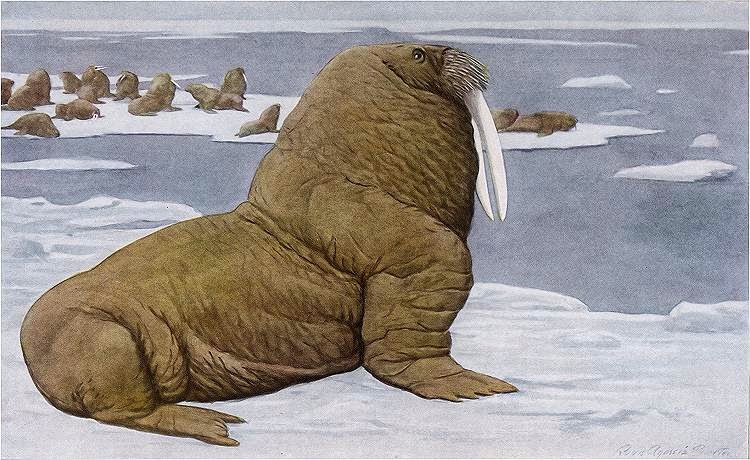AIT Library currently offer access via login to the databases; British
National Formulary – (Guidance on the actions and uses of drugs prescribed
in the UK.) ; Martindale: The Complete Drug Reference ( Information and
background on conventional and complementary drugs and associated compounds,
international proprietary names, and disease treatments); and Remington: The
Science and Practice of Pharmacy – (The definitive reference on all aspects
of the science and practice of pharmacy) all though the Medicines
Complete database which is available on the library databases web page at https://libmain.ait.ie/screens/databases.html
There is now a trial to additional titles by
Medicines Complete including AHFS Drug Information, BNF for Children,
Clarkes Analysis of Drugs and Poisons, Stockley's Drug Interactions &
Stockley's Interaction Alerts. All these resources are now available on the
trials database page at http://libmain.ait.ie/screens/trialdb.html
or just click on the Medicines
Complete link on the databases
page. Trial ends November 16th 2014.













